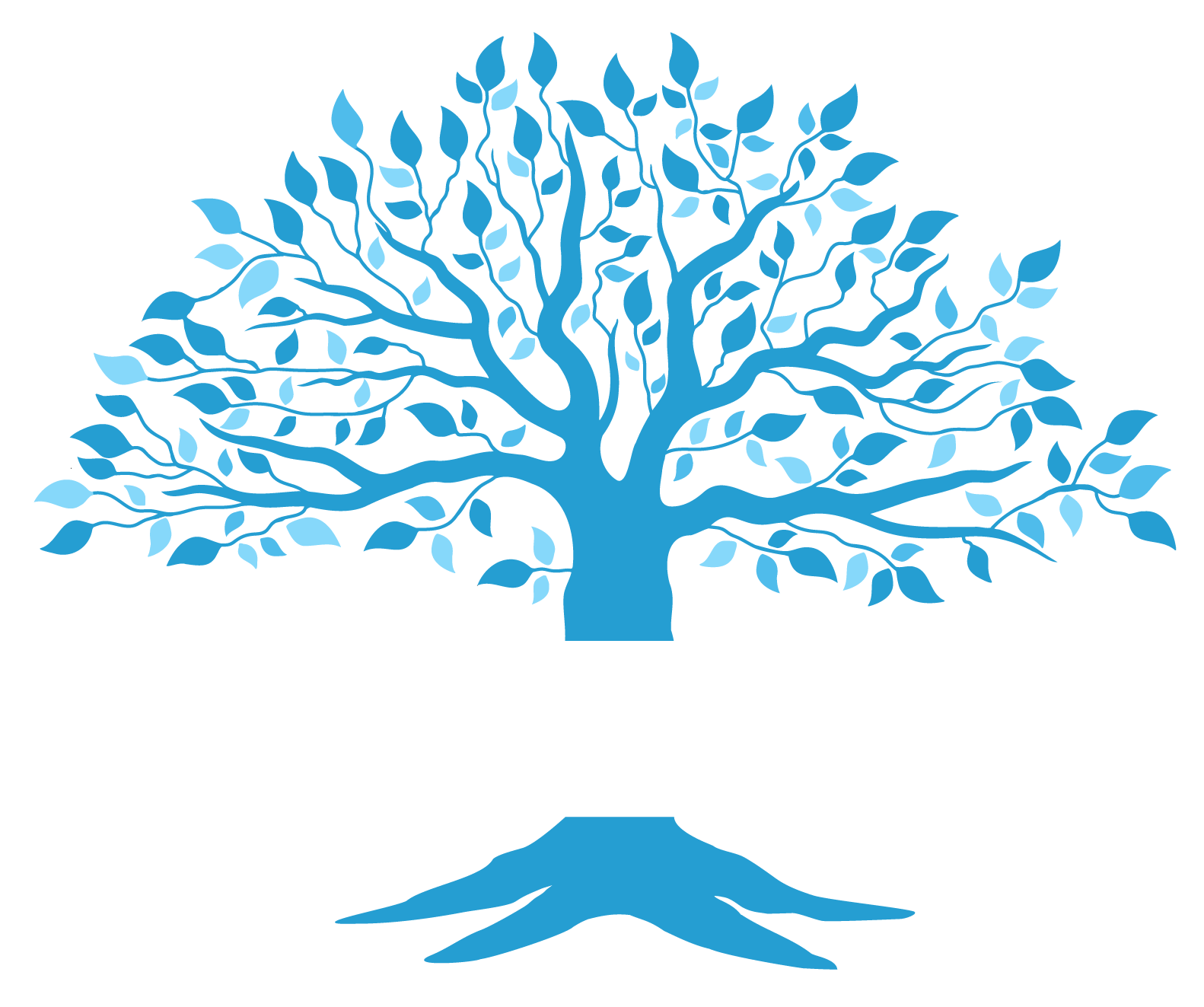The interest rate on your mortgage determines what you’ll pay to borrow money from a lender, expressed as a percentage. These real estate interest rates are affected by a variety of factors, including economic conditions, macro issues, market trends, government policies and more. These outside factors can cause interest rates to fluctuate, sometimes rapidly and unexpectedly. For example, a sudden shift in the global economy or a change in government policy can lead to a quick change in real estate interest rates.
While private money lenders – non-institutional entities providing hard money loans – can certainly determine their own mortgage rates and create their own terms, the interest rates on these private money loans are still influenced by and impacted by the very same factors that affect traditional lenders.
ECONOMIC INDICATORS
One of the main drivers of mortgage interest rates is the overall health of the economy. When the economy is strong, interest rates tend to rise, as lenders seek to make more profit. Conversely, when the economy is weak, interest rates tend to fall, as lenders become more risk-averse. In addition, inflation can also play a role in driving interest rates up or down, as lenders seek to protect their investments from inflationary pressures.
Inflation also erodes the purchasing power of dollars over time. And since this gradual increase of costs and prices due to inflation is a reflection of the overall economy and a critical factor for mortgage lenders, underwriters generally have to maintain interest rates at a level that is at least sufficient to overcome this erosion through inflation to ensure that their interest returns represent a real net profit.
REAL ESTATE TRENDS
Another factor that can affect real estate interest rates is the state of the bond and housing markets. For example, if there is an oversupply of properties on the market, interest rates may fall, as lenders seek to attract more borrowers. Conversely, if there is a shortage of properties, interest rates may rise, as lenders seek to limit their exposure to risk.
A recent trend that has also applied downward pressure to rates is an increasing number of consumers opting to rent rather than buy a home. When fewer homes are being built or offered for resale, the decline in home purchasing can lead to a decline in the demand for mortgages and pushes interest rates downward. Such changes in the availability of homes and consumer demand affect the levels at which mortgage lenders set loan rates.
FEDERAL POLICIES
One of the most important factors influencing both the economy generally and interest rates specifically, including mortgage rates, is the monetary policy pursued by the Federal Reserve Bank. For example, the Federal Reserve can use its monetary policy tools to influence interest rates, by adjusting the federal funds rate or implementing quantitative easing measures. In addition, government policies related to taxes, zoning, and other regulations can also affect interest rates, by either encouraging or discouraging investment in the real estate market.
Generally, increases in the money supply put downward pressure on rates while tightening the money supply pushes rates upward. Community Capital is completely privately funded and can set our own terms. And while the Federal Reserve does not set specific interest rates in the mortgage market, the Fed’s actions and adjustments affect the money supply either upward or downward, and these changes do have a significant impact on the interest rates available to the borrowing public.
In conclusion, real estate interest rates are influenced by a complex mix of factors, including economic conditions, market trends, and government policies. While Community Capital has flexible rates that change daily, our terms and typical mortgage rates are still tied to the basic rules of supply and demand. Factors such as inflation, economic growth, the Fed’s monetary policy, and the state of the bond and housing markets all come into play.
While it can be difficult to predict the future direction of interest rates, it’s important to stay informed about these factors and how they may impact your real estate investments. At Community Capital Holdings, we are committed to providing our clients with expert guidance on real estate investments, including interest rate trends and other market factors.
For our underwriters, market trends certainly matter, but so does the property itself, the repayment plan, and our borrower’s financial goals – all of these also factor in when determining the interest rate on your next real estate investment in Florida.
Contact us today to learn more about how we can advise you best and help you achieve your Florida real estate investment goals.







